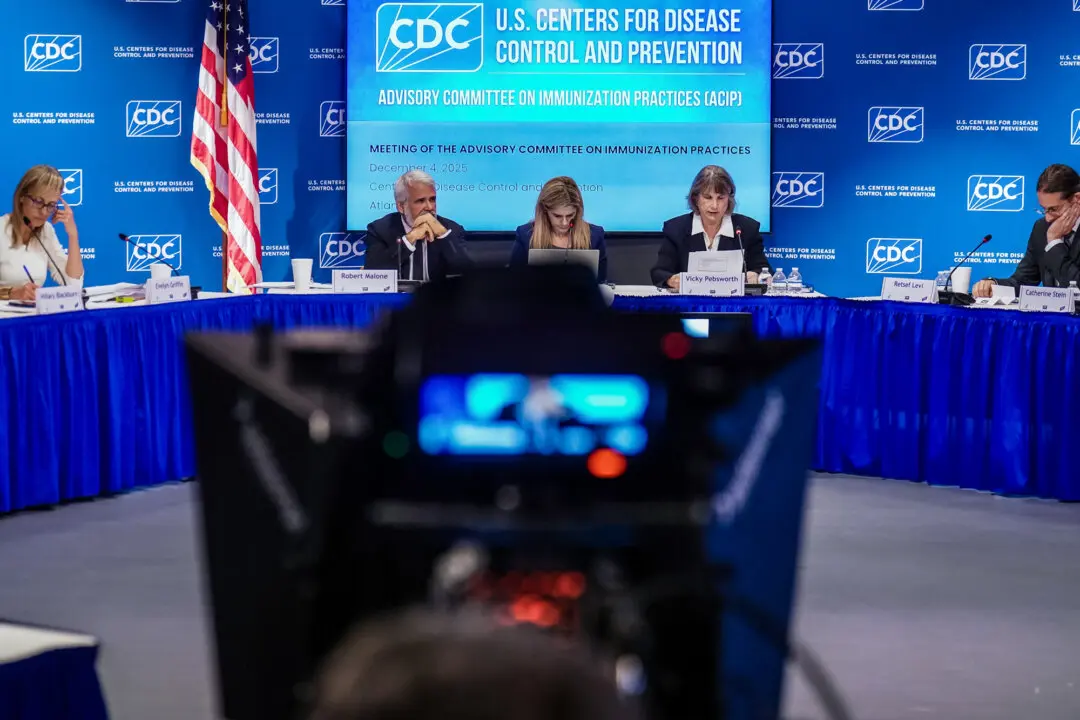U.S. drug regulators on Feb. 11 announced they are pushing back a decision on whether to authorize Pfizer’s COVID-19 vaccine for children as young as 6 months old.
The Food and Drug Administration (FDA) had planned to consult its vaccine advisory committee on Feb. 15 on the jab for young children and could have granted emergency use authorization (EUA) for the shot within hours of the meeting. But that plan has changed, based on a preliminary assessment of data Pfizer sent on Feb. 1.





